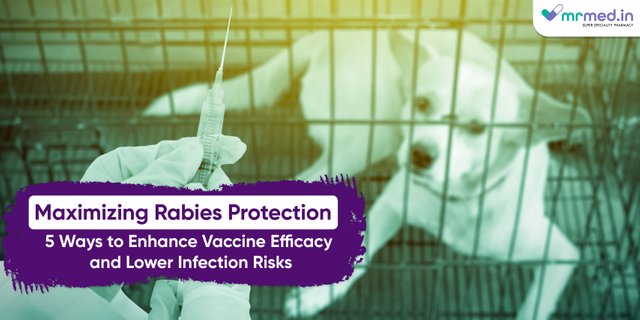
Rabies, a disease that has been known for years, still remains one of the biggest danger for human health, predominantly in areas where dogs are common reservoirs for the virus. In spite of its being entirely preventable, rabies attribute the death of thousands of people annually, which is mainly in Asia and Africa. This may help to strengthen the case for prompt therapeutic interventions and widespread sensitization for the community to fight against this rampant disease. In this article, we delve into how to boost the potency of rabies vaccines with novel approaches, and we implement a multitude of preventive measures to realise a low infection risk.
What is the impact of rabies disease?
Rabies is a viral disease which manages to be carried from an infected animal to another one through bites or scratches. Ratious virus get impacted the central nervous system causing brain disease and ultimately, death when not treated. Since the gestation period of the virus is varying, therefore, the initiative should be ingested in due time. Rabies Post-Exposure Prophylaxis (PEP) is the entire course of treatment carried out instantly following exposure to an unknown rabies virus aiming to stall the spread of the virus.
PEP is a curing delver which involves stoppage of bleeding wounds, a series of rabies vaccinations in addition to occasionally the giving off of rabies human monoclonal antibodies. PEP's main purpose is to prevent the AI from accessing the central nervous system, due to the fact that usually this leads to immediate death. The World Health Organization has a guideline whose role is to specify the steps a health care professional should consider when implementing PEP. This process is essential for the proper management of exposures.
How to get the best out of the rabies vaccine?
The best way of providing good protection against rabies is to improve the efficacy of vaccines so that they create more antibodies and build more immunity. This can be achieved through:This can be achieved through:
Improved Vaccination Coverage: In addition to promoting vaccination campaigns, it is also vital to provide quality vaccinations to the whole population and to give lots of attention to the high-risk population.
Education and Awareness: The awareness of the admitted public concerning the emergency examination after a possible rabies exposure should be taught.
Innovation in Vaccine Development: Introduce broad vaccines that prevent illness and suffering. Focusing on research and creating more effective and affordable drugs, including improving such therapeutic drugs like monoclonal antibody treatments.
Integration of One Health Approach: Encouraging a cross-sectoral response, with main actors being humans, animals, and all ecosystem components that mitigate more effectively rabies incidence. These efforts such as cooperation among veterinary and public health services concerning management e and control of rabies in wildlife as well as domesticated animals will be taken.
Enhanced Public Health Infrastructure: Increase local health facilities' capabilities to, timely and safely, give the vaccine and the immunoglobulin. This means that the vulnerable and remote groups should be equally supplied with these livesaving measures where ever they are in remote areas or urban areas such as mobile health services or better supply chain logistics.
What is the Rabishield 100IU Injection?
The Rabishield 100IU injection is crucially important in the area of rabies prevention. It is a form of immunoglobulin injection, which preemptively protects people, who are exposed to the rabies virus, from its effects. The product has rabies human monoclonal antibodies, which play a wrong role of quickly neutralizing the viruse after being exposed to it. While this, however, is not the main topic of the conversation, grasp of the impact of such technological progress in the battle against rabies can be the key to coming to terms with the strides made in the control and prevention of the disease.